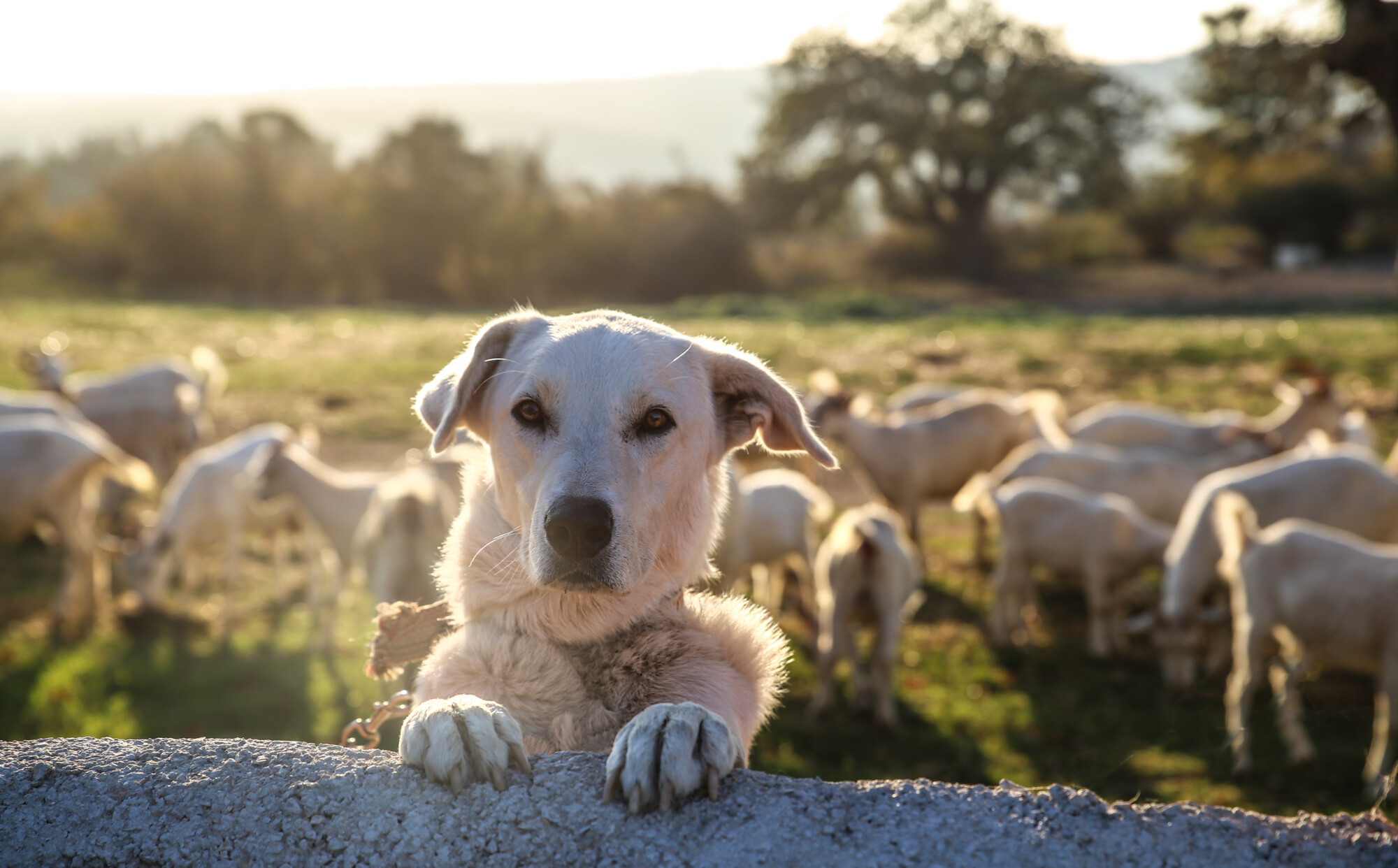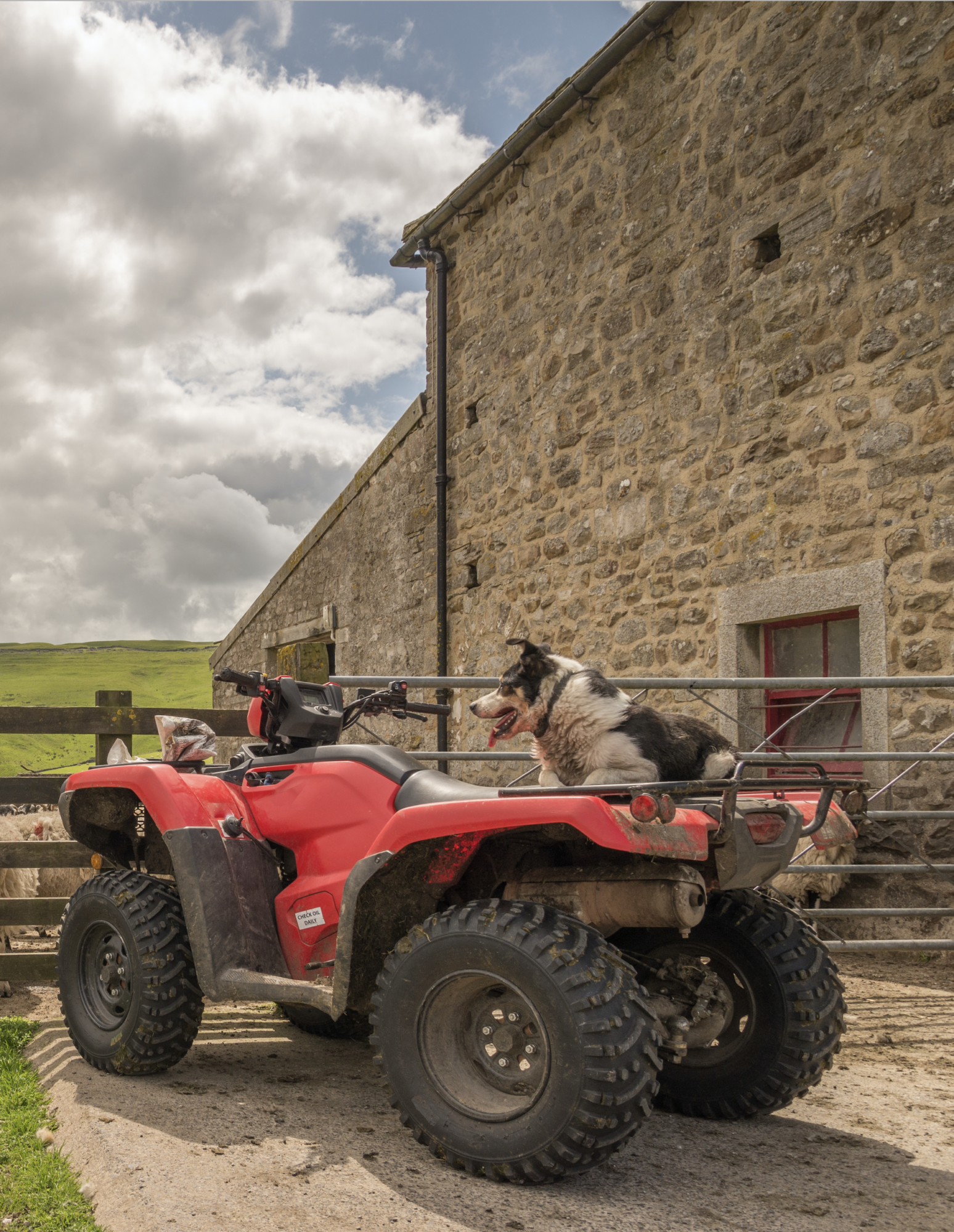Buying, selling and protecting dogs in times of rampant theft
9th June 2021
Dog thefts have been a rising problem in the UK for some time, but a lockdown pet boom has exacerbated the problem to incredible levels. It’s estimated that dog thefts have risen by 170% since the start of the pandemic.
Dog thefts are particularly hard on farming families, where dogs are not just a part of the family, but also often an important part of the workforce. A working sheep dog, for example, represents a considerable financial investment, as well as hours of training which cannot be replaced.
Sadly, the huge rise in dog thefts is hitting families across both rural and urban communities. Thieves are striking across the country, with thefts ranging from snatching a dog from a garden, to organised kennel raids.
Most dogs don’t seem to be kidnapped for re-sale, but rather for breeding. Now that nearly all dogs in the UK are microchipped it is difficult for stolen dogs to be resold. Puppies, however, can be free from records and chips. They can easily be passed off as a litter of pups from a legitimate breeder or owner, with potential buyers not always seeking further information on parents unless paying for a particular pedigree.
There seems to have been a particular spike in thefts of dogs such at Cocker Spaniels and Labradors who can be used to breed popular, and highly expensive, mixed heritage puppies. A mixed breed like a Cockerpoo is now selling for roughly £3,750, with purebreds worth even more.
The huge price increase in puppies during the lockdown means that the incentive to steal dogs has also risen. Thefts are no longer just opportunistic, dogs are selected, tracked and stolen to order. Thieves are working in organised groups to target the most expensive breeds so microchips and locked kennels are no longer enough to deter them.
There is also, sadly, not a lot of legal deterrents as dog thefts are treated similarly to any other property theft. There is no additional penalty for having taken a living animal, that was once a member of a family. At the moment the only way to get a higher charge against someone for dog theft is if that theft occurred from a home – the perpetrator can then be charged with burglary as well as theft. If any dogs are taken in a public space, the perpetrator will face the same charges as if they stole a bike or a phone.
- Take pictures of your dogs that show their face and markings, keep these safe to show police, and use in campaigns if your dog is stolen
- Microchip your pets with up-to-date information, taking note of the number of your chip
- Secure any kennels or farm yards, check for damage to fences and preferably install some form of CCTV or other tech
- Don’t allow information about your pet onto social media. Particularly avoiding having location alongside pictures
- Be suspicious of anyone paying too much attention to your dog, avoid answering too many questions and stay aware if walking in public spaces
- Make it known that your dog has been neutered, as most dogs are stolen for the value in their breeding potential, adding this information to your dog’s name tag could be a deterrent
- Don’t leave pets unattended
Looking to buy a new dog?
If you are in the market for a new dog you probably won’t be eager to help fund the criminal gangs behind dog napping. But part of why there is so much financial gain in stolen pets is that it can be hard to distinguish a reputable breeder from someone profiting illegally.
During the pandemic it has been difficult to meet breeders in person, a fact which has helped the booming trade in stolen dogs and scams.
To avoid scam artists, we recommend always asking for extra photos and videos before investing any money. Speak to someone on the phone with some pre-prepared questions about the breed and history of the dog you are interested in. Genuine dealers will expect questions and be able to answer easily.
If you are in the market for a pure-bred working dog they should come with the correct paperwork, such as their family tree, Kennel Club certificate as well as a medical history.
Whilst Covid has not always made it easy, it is always best to go and visit the pups at the breeder’s home or kennels. This means you can see the sort of environment they have been brought up in. A breeder who does not provide litters a clean home, with enough space, and the blankets and toys pups love, is demonstrating that they don’t care much for the dog’s welfare. It’s not only an indication that they are just selling puppies for profit, but also that they are unlikely to have taken much care over disease prevention whilst breeding.
Visiting the dogs at home usually also allows you to meet the mother of the litter, if the dealer is unwilling or unable to let you meet or see pictures of the mother it could be a warning that those puppies were stolen.
Selling a Dog?
If you genuinely have pets to sell this can also make you vulnerable to thieves. The first step for most genuine sellers is to advertise online, but whilst this is the best way to reach buyers, the news of your litter could also reach thieves.
BASC gave the following advice to those looking to sell puppies;
- When speaking to prospective owners, speak to them over the phone before inviting them to view the litter. This can ensure they are genuine buyers and make sure you ask them questions. Never give out your address unless you are satisfied the individual is genuine
- Always take details from all prospective buyers
- Never be alone when a prospective buyer comes to view the litter
- If the litter is kept in a kennel or outside building, consider moving them indoors for all viewings so that prospective buyers do not see your kennel set up and any other dogs that you may have
If your dog does sadly get stolen report it to the police immediately, and make sure to obtain a crime reference number from them. It is also a good idea to contact any local vets, charities, kennels etc with information on your dog, if it is later found they will then be able to quickly reunite you.
If your dog is stolen that is the time to start posting as many pictures of them as possible on social media. Getting your dog’s face and information out there may make them ‘too hot to handle’ forcing thieves to abandon their plans to sell them on.
Sadly, a lot of stolen dogs currently don’t make it home, but constant vigilance from the whole community when it comes to buying, selling, and protecting dogs will hopefully start to deter thieves.


